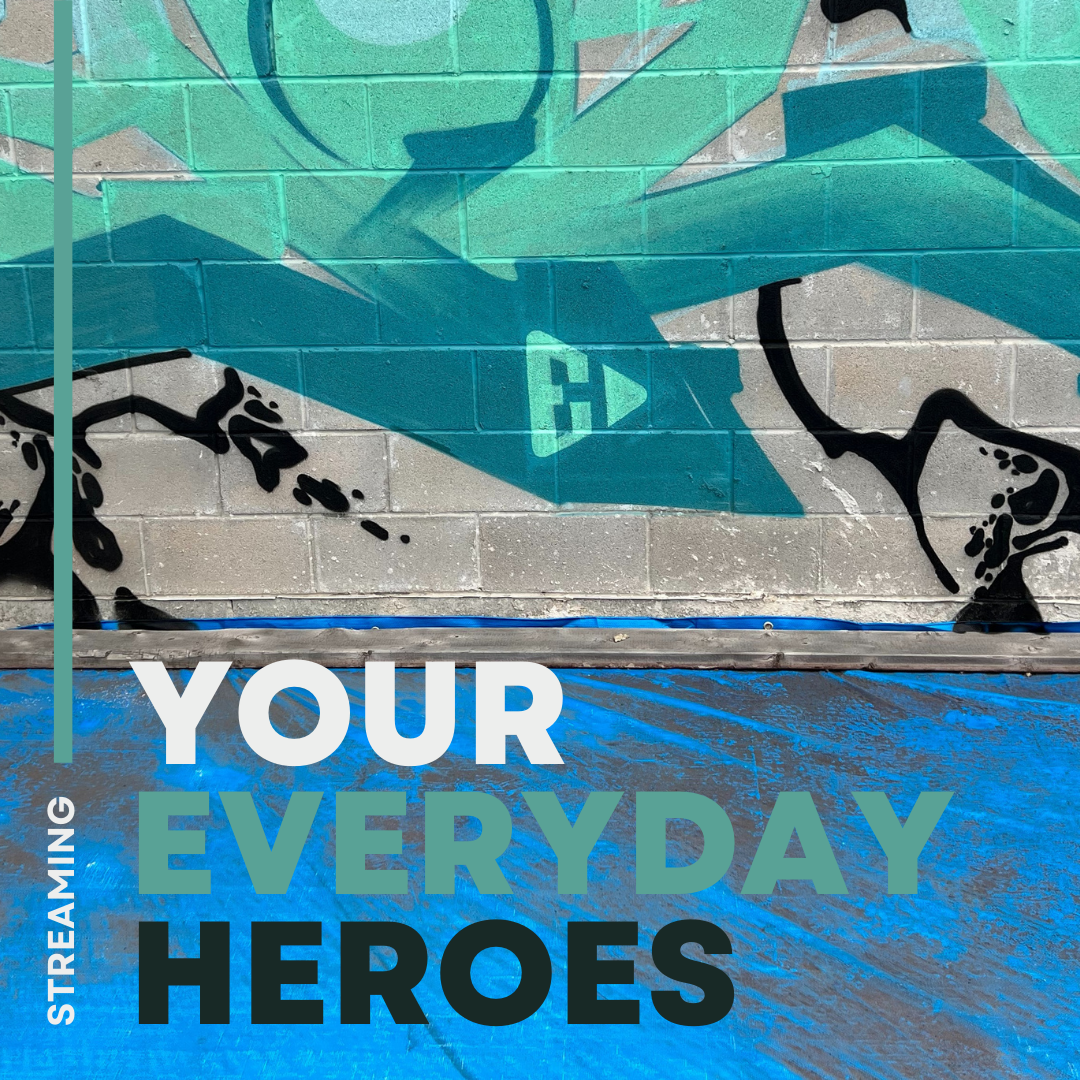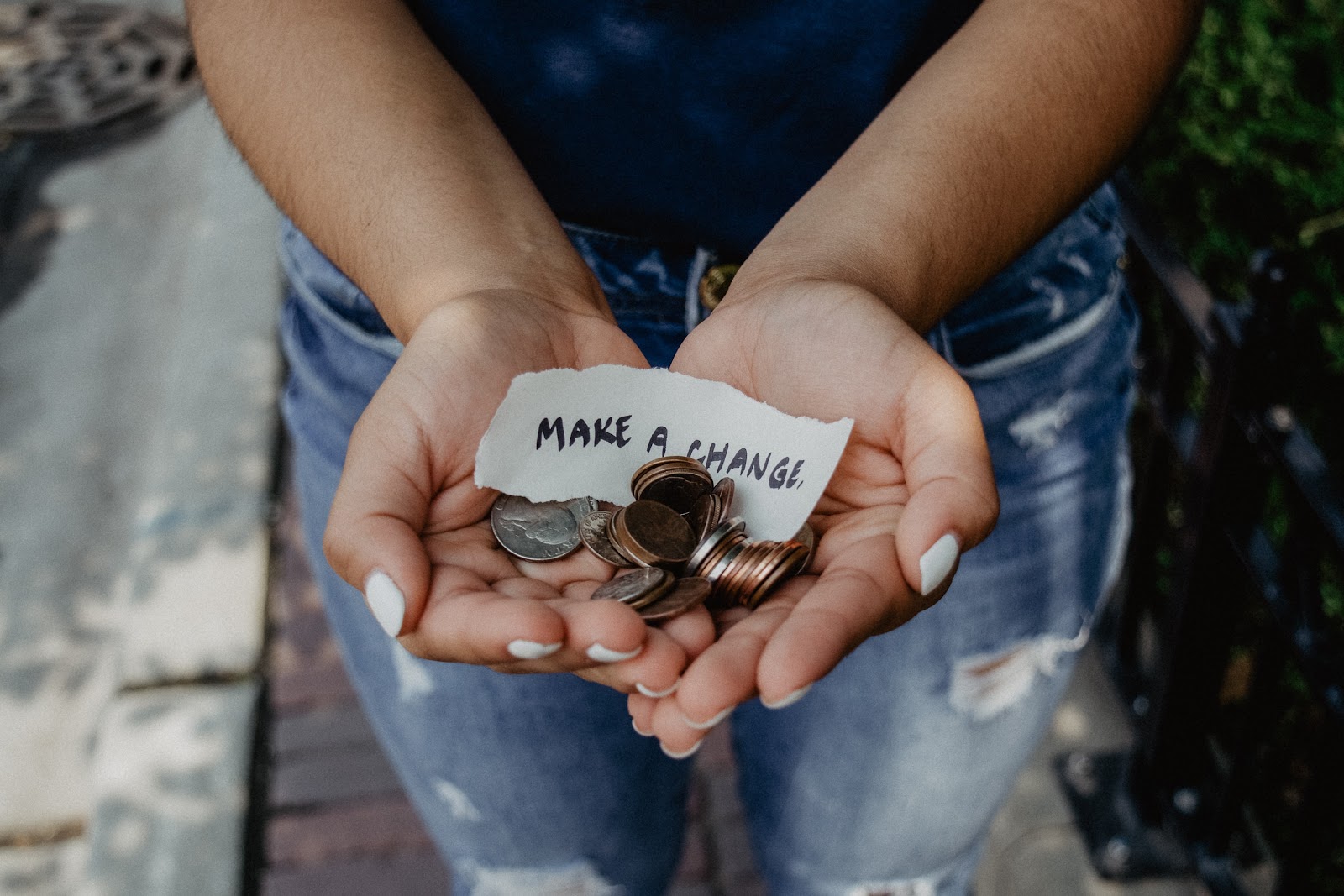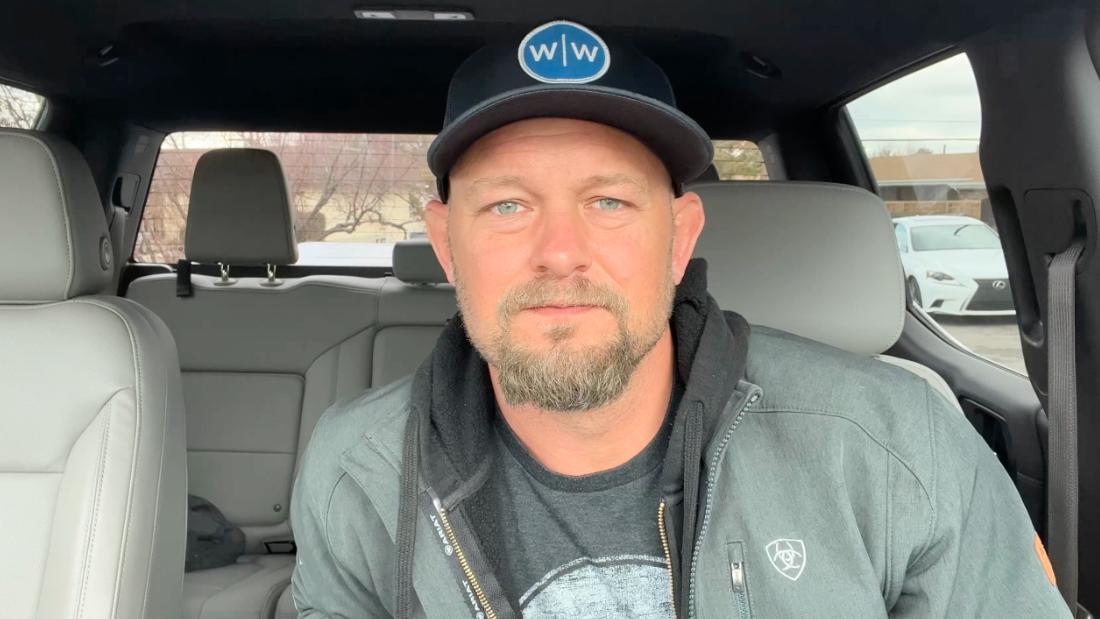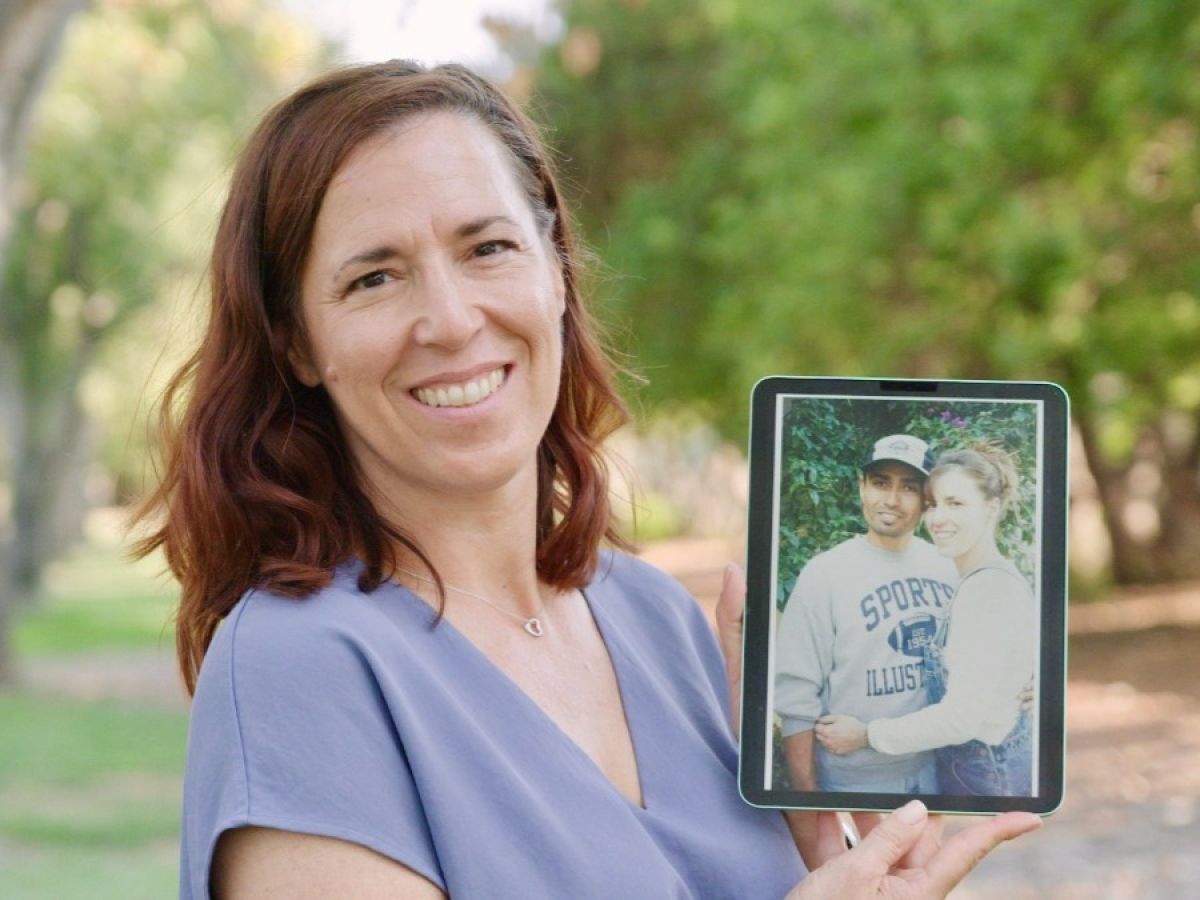Your Everyday Heroes highlights regular people who lead exceptional lives and positively impact the communities they serve through their inspiring actions.
Alex LeVesque created the Automotive Mentoring Group (AMG) to counter troublesome street activity that affects the lives of countless teenagers in Chicago, Illinois. His non-profit assists former youth offenders from all over the city, by teaching them the life and work skills required to stay off the streets and become auto mechanics.
Why Did Alex LeVesque Create the Automotive Mentoring Group?
Alex believes that giving back to the community was “sort of a God-given instinct,” after decades spent witnessing the detrimental impact of organized street life on Chicago’s youth.
“I’m very mad about everything I see,” he remarked. “I’m mad about these Black and Brown boys [hurting] each other over shoelaces. I’m mad about these drive-by[s]… I want to be that alternative.”
Alex doesn’t charge any fees for participation in his program, nor does he operate the organization to make a living. He is not motivated by profit, but instead attempting to right the wrongs that he sees afflicting local teenagers. His program is a safe haven for those who wish to escape their brutal circumstances.
What Makes Alex LeVesque an Everyday Hero?
Beyond teaching his mentees to be mechanics, Alex addresses the root causes of organized street activity, which often stems from inadequate access to resources.
In addition to training participants how to fully restore classic cars, Alex provides his students with mental health resources, life skills training, and even free meals, so they can have their best chance at succeeding.
“Once I started trying to teach these guys, I realized that a lot of the reason that their behavior was so erratic was that they were dealing with pent up trauma that was never addressed in their earlier lives,” he remarked. “We’ve made it possible for them to have some one-on-one time with a psychologist.”
Alex takes his students out of the classroom and into the field, so they can experience what life is like in the workforce. AMG has an impressive coalition of 82 hiring partners who are willing to hire anyone who successfully makes it through the program, regardless of their past mistakes.
As a strong believer in the significance of education’s impact on personal development and eventual hireability, Alex has partnered with several alternative high schools to help his mentees earn their GEDs, as nearly 90% of participants in his program do not have high school diplomas.
“The only way that you can truly be successful in changing what a person does is changing the way they think,” Alex stated. “And the only way you can change what a person thinks is through exposure, exposing them to many things so that they can dream bigger.”
Alex LeVesque on the Importance of Fatherhood
Alex believes that many teenagers fall prey to the influence of organized street crews because they lack a father figure in their lives and cites that 95% of his students did not have a father present in the home during their formative years as children.
He actively attempts to take on this role, so they have an example of how a caring father figure acts, as many of them are already parents themselves at a young age.
“Yes, I’m trying to make them into car builders,” Alex explained. “But there’s a much bigger picture than that. I’m trying to create human beings that contribute positively to society. I am trying to build better mothers and fathers… I have 17-year-old kids in the program who have two year-old sons and daughters.”
What Has Alex LeVesque Accomplished With His Program?
AMG has helped hundreds of young men and women find employment in the automotive industry since it was first established in 2007. The program helps break the cycle of organized street activity by not only teaching participants a viable trade, but opening their eyes to world of opportunity that is within their grasp.
One of AMG’s success stories is a former street crew member named Otis, who had already served two years in prison prior to entering the automotive repair program. After Alex’s mentoring, he went to college and is now a regional manager for O’Reilly Auto Parts.
“It was one of those moments where I looked up at the heavens, and I said, ‘Lord, I know you don’t work on the point system, but I hope that’s good for something,’” Alex recalled.
Alex LeVesque on Heroism
Alex’s personal heroes are people like Muhammad Ali and Martin Luther King. “They changed the world,” he said. “They changed countries in terms of their mindset and the kinds of ideals they had just for humans in terms of how we’re supposed to get along and treat each other.”
He defines a hero as “someone who can give a hand to someone who has a lot less. Not to say I have a lot, but the little I do have, I want to be able to share it.”
“All of us are heroes in some way to someone,” he added. “In the world that we live in… everybody is always telling us that we should be mad. But nothing ever beats kindness. Whenever someone is unfair to me, my sarcastic way of dealing with that is being as kind as possible.”
Alex Levesque Is a Hero
Alex sees the believes that people’s past mistakes do not define them and that everyone has the opportunity to reform themselves when they’re given a helping hand.
He pushes his students to aim high and achieve their goals, while helping those who belonged to rivaling factions to coexist in peace.
“When you have these [rival crews] from across the city that are working together in harmony, and they have no problems with each other … Over time they begin to understand that there’s no difference between them,” he concluded.
“So, if we can be friends here in this environment, why can’t we be friends outside of this environment?”
Watch Alex’s story to learn more.
Learn More About Everyday Heroes Season One Cast
Edgar Mora founded Ecuaplastic, an Ecuadorian plastic recycling plant, in 2009. His company goes leagues beyond standard recycling. Ecuaplastic specializes in the fabrication of upcycled construction materials, and has a mission of giving a second life to plastic, which it transforms into high quality items.
Ecuaplastic doesn’t actually recycle plastic in the traditional sense, they upcycle the castoff material in a fashion that produces a higher-quality product than the flimsy plastic garbage that it was created from.
Edgar and his staff have innovated astonishing original ways to turn plastic trash into coveted treasure, by producing construction material like boards, planks, beams, and columns from plastic bags and bottles.
They are able to utilize the upcycled materials to build sustainable homes that are affordably priced at $300 to $350 a square meter. “We want to eventually create buildings that have zero carbon footprint,” Mora said about the company’s future goals.
He believes finding a new purpose for plastic is the only way that the planet will survive the massive amounts of waste that humans produce annually.
“There is plastic floating in the five oceans. There are five immense plastic islands… There is almost no turning back from that,” Mora warned. “But if we continue to generate waste at the current speed, the sizes of waste islands will be higher than those of inhabitable islands.”






